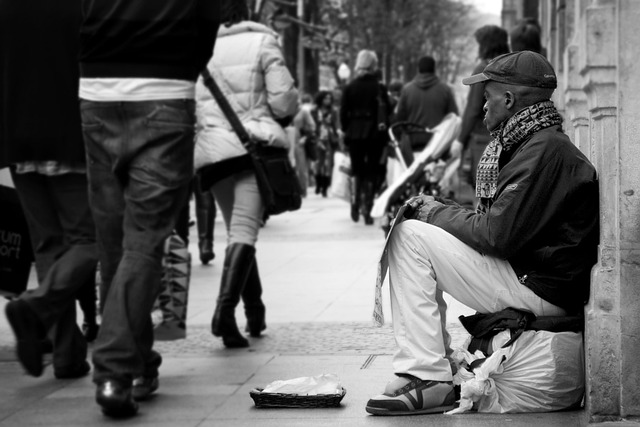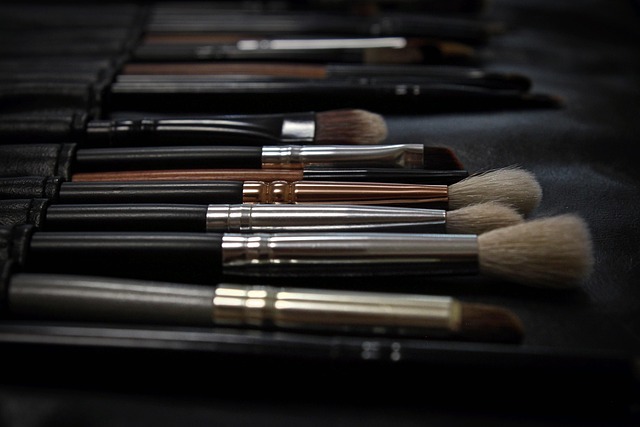The fashion industry has long been a powerful force shaping culture, identity, and self-expression. However, as consumers become more conscious of their choices, a growing emphasis is being placed on ethics within this vibrant sector. The intersection of fashion and ethics is not just a trend; it’s a necessity that calls for reflection from designers, brands, and consumers alike.
At the heart of ethical fashion lies the commitment to accountability. This means understanding who makes our clothes, under what conditions they are made, and the environmental impact associated with their production. Issues such as fair wages, safe working conditions, and sustainable sourcing of materials emerge prominently in discussions about ethical practices. As conscious consumers, we must ask ourselves: do we really know the story behind the clothes we purchase?
The rise of fast fashion has accelerated the need for ethical considerations in clothing production. While the allure of trendy, inexpensive garments is undeniable, the hidden costs often persist. Cheaply made clothing frequently comes at the expense of workers’ rights and environmental degradation. Brands that prioritize ethics and sustainability are stepping into the spotlight, proving that style doesn’t have to clash with responsibility.
Many companies are now adopting transparency as a core value. This means providing consumers with knowledge about their supply chains, fabric sources, and manufacturing processes. For example, some brands disclose the origins of their materials, while others highlight artisans or workers involved in the production. By engaging in this dialogue, brands not only foster trust but also empower consumers to make informed choices. When shoppers prioritize ethical brands, they contribute to a cultural shift towards more responsible consumption.
Moreover, ethical fashion isn’t just limited to the practices within production facilities. It’s also about promoting inclusivity and diversity within the industry. Reflecting a variety of body types, races, and cultures can help consumers feel represented and valued. By amplifying diverse voices, the industry can challenge stereotypes and foster a greater sense of community among fashion enthusiasts.
As we explore ethics in the fashion industry, we are reminded that our choices hold power. Every purchase we make can signal support for brands that share our values about sustainability and fair treatment of workers. Change may take time, but as consumers adopt a more ethical mindset, we can pave the way for a more just and sustainable future in fashion.
Ultimately, the shift towards ethical fashion is a collective journey. It invites us to reflect on our own values as consumers and challenge the norms of an industry that has historically prioritized profit over people. By advocating for ethical practices, we can not only elevate the standards of fashion but also foster a more humane and sustainable world.




